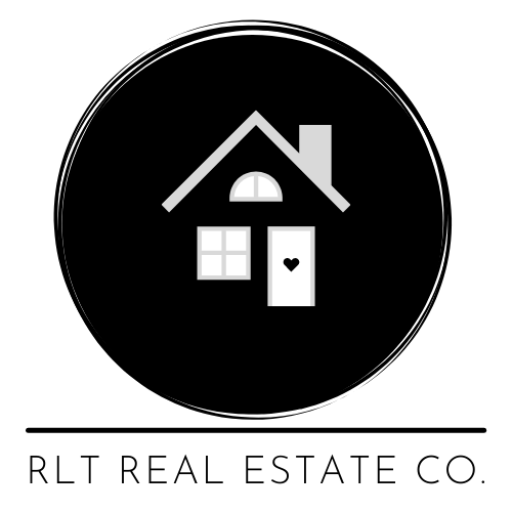Navigating Development and Zoning in Hamilton, Ontario: A Guide for Real Estate Investors
Background:
As an investor-focused agent working in Hamilton, Ontario, I understand the importance of knowing the ins and outs of property development and maximizing its potential. If you’re someone who shares this curiosity and wants to explore the highest and best use of properties in the city where you’re investing, you’ve come to the right place. In this blog post, we will delve into the resources available in Hamilton for understanding development regulations, zoning bylaws, and how you can leverage them to your advantage.
Understanding Development Resources
Every city provides resources that outline the allowed development and permissible land uses. Hamilton is particularly investor-friendly, offering an accessible system to access this information. By visiting the Hamilton City website or searching for “Hamilton zoning bylaw” on Google, you can find a wealth of basic information upfront. The website highlights important aspects, such as secondary suites, which many investors seek. Clicking on the relevant sections will provide you with all the necessary details and requirements for obtaining a secondary suite in a property.
Leverage Free Resources Available for Real Estate Investors
Every city provides resources that outline the allowed development and permissible land uses. Hamilton is particularly investor-friendly, offering an accessible system to access this information. By visiting the Hamilton City website or searching for “Hamilton zoning bylaw” on Google, you can find a wealth of basic information upfront. The website highlights important aspects, such as secondary suites, which many investors seek. Clicking on the relevant sections will provide you with all the necessary details and requirements for obtaining a secondary suite in a property.
Using Experts as a Real Estate Investor in Hamilton, ON
While researching and understanding these complex regulations can be challenging, don’t hesitate to reach out to an agent who specializes in zoning bylaws and has prior experience with the process. They can provide invaluable assistance in identifying properties suitable for your investment goals. Additionally, you can consult building inspectors or architects known as “BCIN” professionals who work closely with the city and handle permit applications. Feel free to connect with me, and I can provide referrals to reliable professionals who can guide you through the intricacies of zoning regulations.
City Websites Give You Access to Their Zoning Documents
Most cities have zoning bylaws readily available on their websites, including official plans and more in-depth information for those interested. If you enjoy diving deep into these details, you’ll find the necessary resources online. Simply searching for terms like “secondary dwelling unit” or “accessory dwelling unit” along with the city’s name will usually lead you to the specific bylaws. These bylaws outline different zoning allowances based on the zones established by the city. For example, in Hamilton, legal duplexes are permitted in most zones, and some zones even allow up to four units, provided they meet the building code requirements.
Interactive Zoning Maps:
Interactive Zoning Maps: One of the most useful tools offered by many city websites is the interactive zoning map. These maps showcase different zones within the city, providing a clear understanding of the zoning designations. To explore the zoning of a specific property, search for it on the zoning bylaw or use online platforms like the Hamilton interactive zoning map. By inputting the property address, you can see which zone it falls under and gain access to the relevant bylaws. These maps often depict lot sizes, structures, and setbacks, helping you visualize the property’s boundaries and understand restrictions regarding parking and other elements.
Importance of Research
City websites are treasure troves of information for zoning and development enthusiasts. They not only provide comprehensive details about the regulations but also offer insights into specific requirements and restrictions. If you enjoy gaining a deeper understanding of the development process, browsing through the zoning bylaws and official plans can be a rewarding experience. However, if you encounter complexities or have specific inquiries, it is always advisable to consult professionals or reach out to the city’s planning department directly for clarification. They have the expertise to provide guidance and ensure you make informed decisions aligned with the regulations.
Conclusion:
Investing in properties requires a comprehensive understanding of development regulations and zoning bylaws. By leveraging the resources provided by Hamilton’s City website, including zoning bylaws, interactive zoning maps, and expert advice, you can navigate the complexities and make informed investment decisions. Remember, while the information available online is valuable, seeking professional assistance is crucial for intricate cases. So, make the most of the resources available, conduct thorough research, and consult experts when needed!
